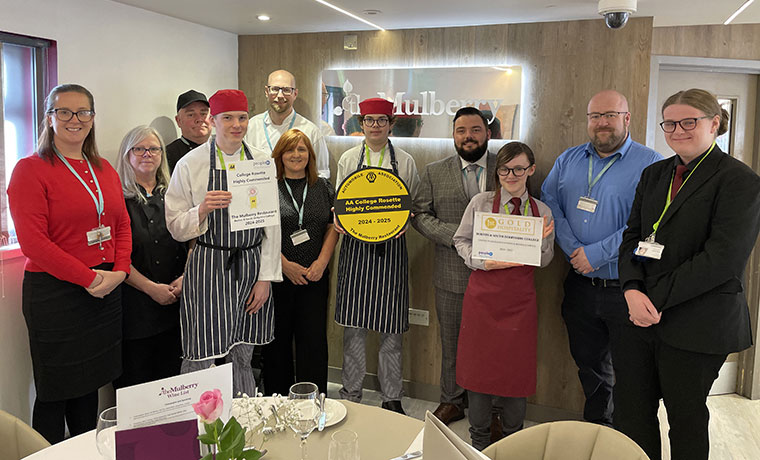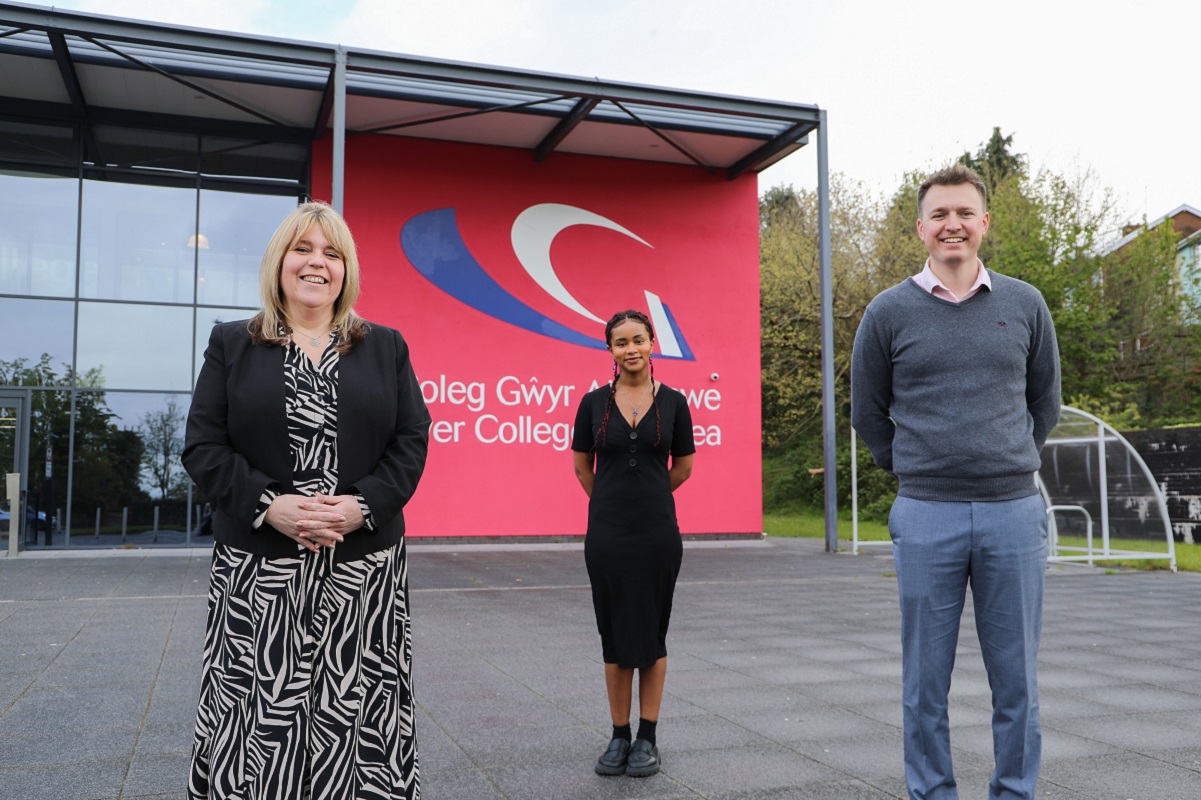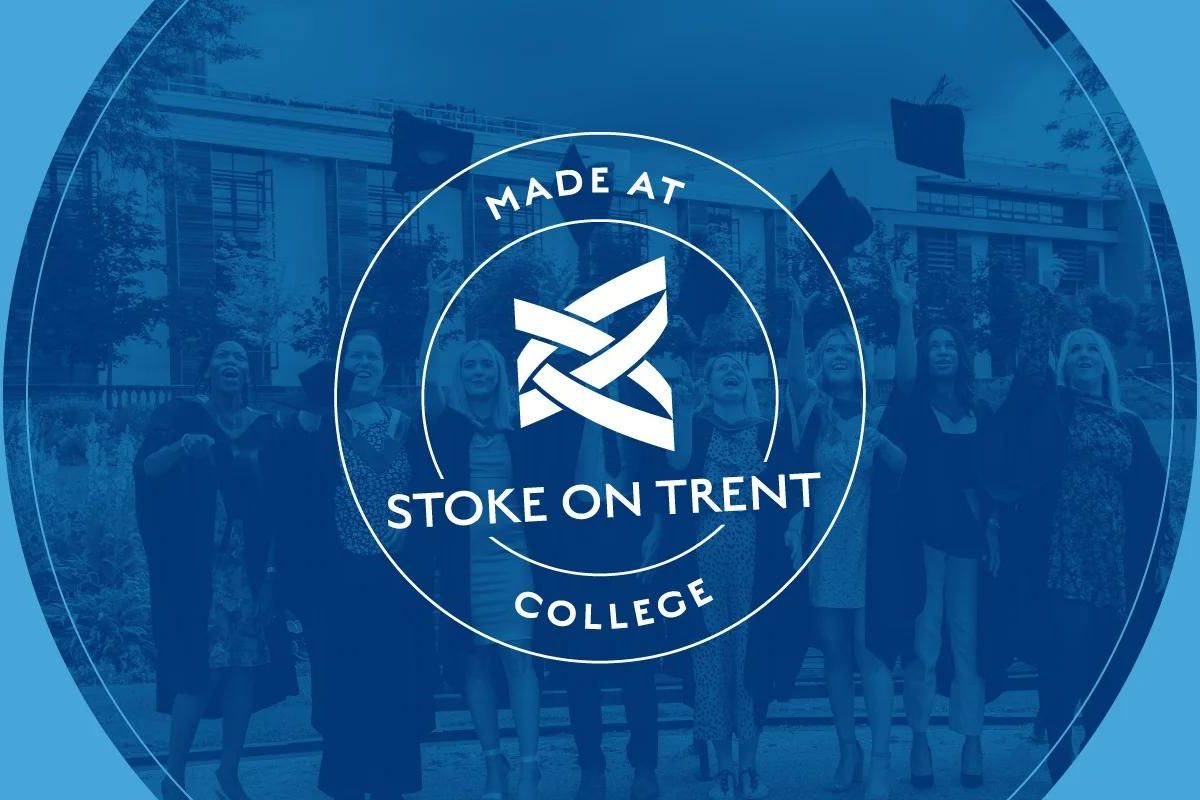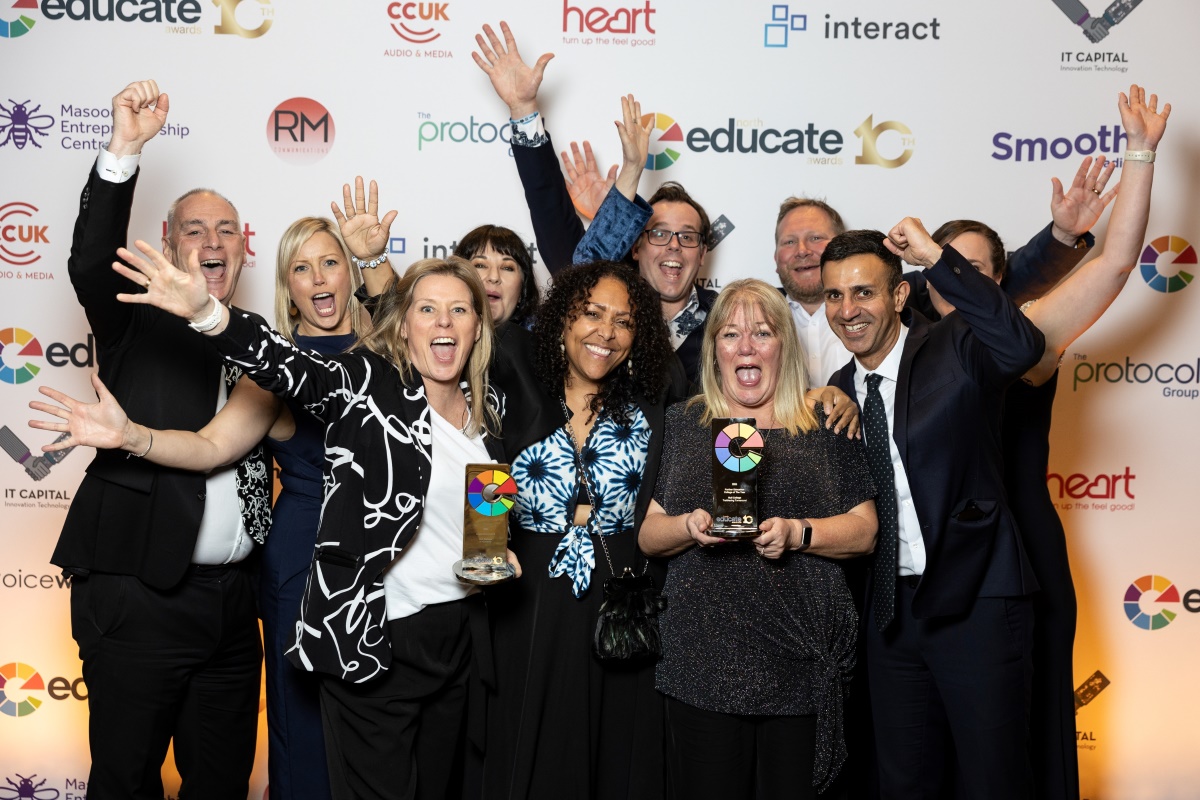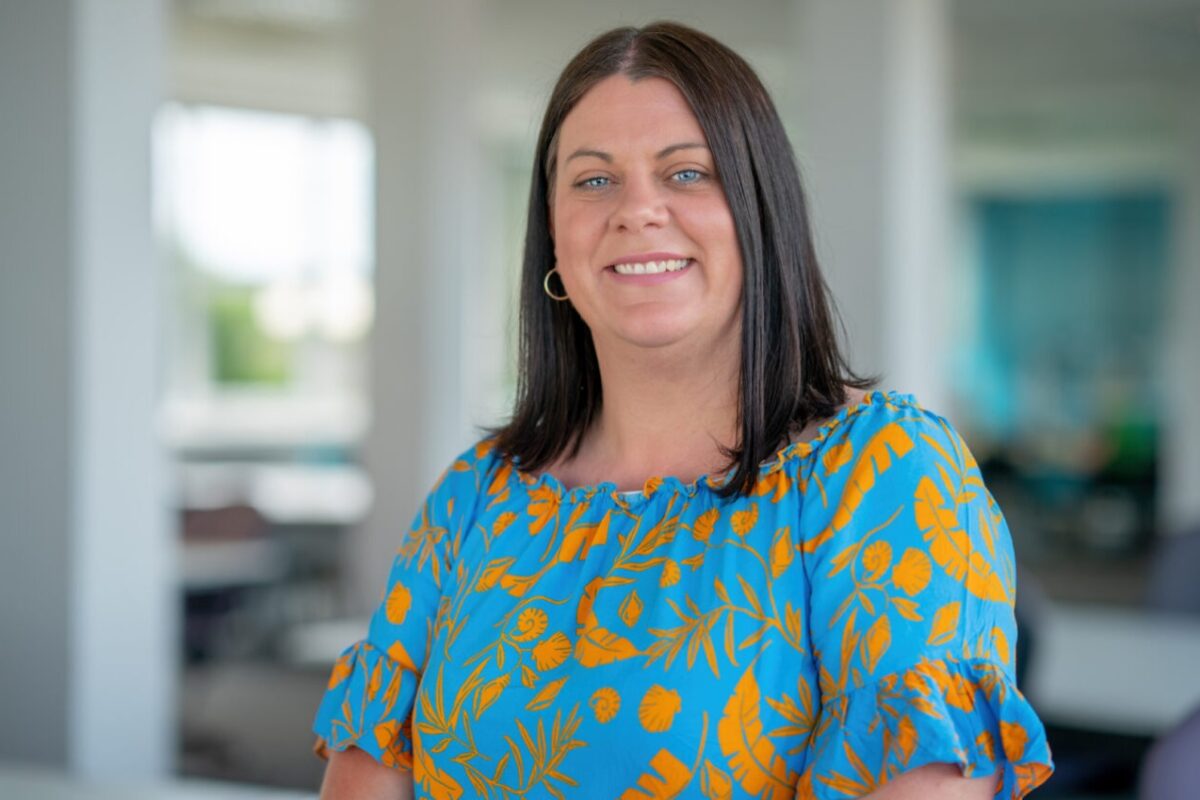Brain computer technology, genetic testing and real-time AI translations: Back To School in 2050
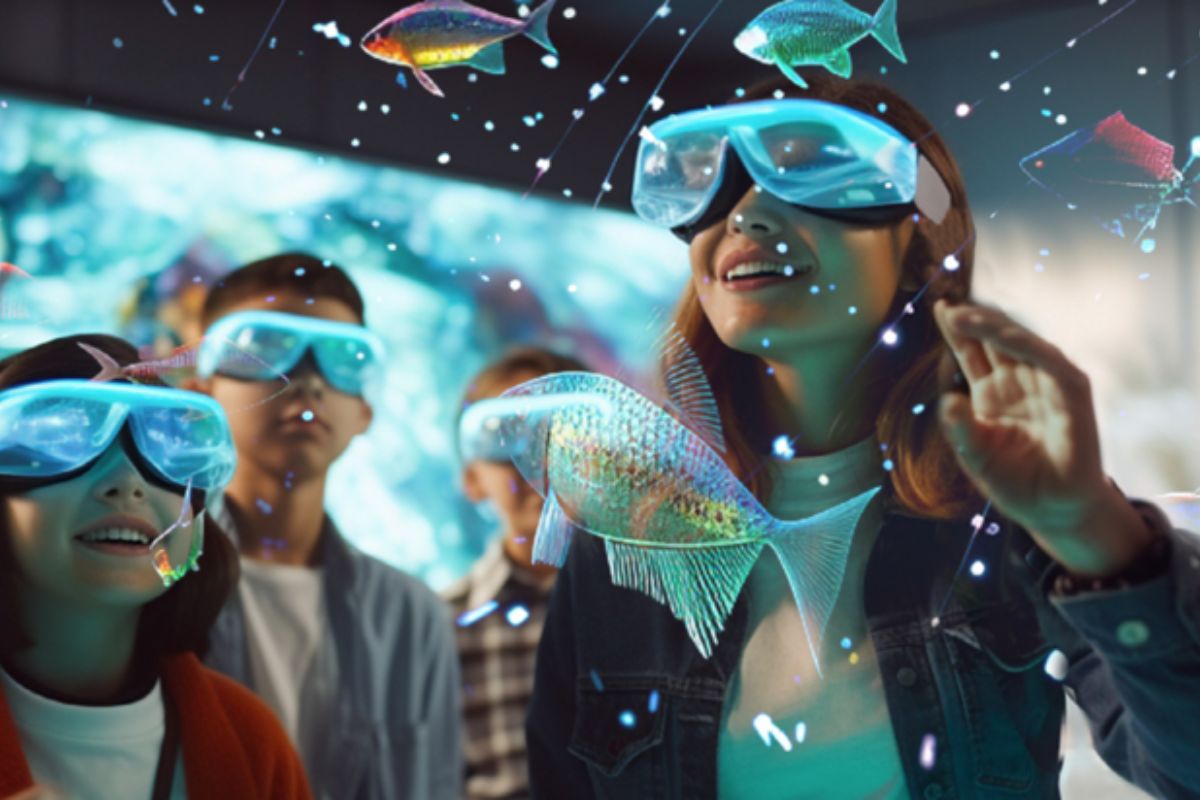
- Leading tutoring provider and education platform, GoStudent, releases futuristic white paper into how technology will revolutionise education by 2050
- Created in collaboration with futurist and Professor in Digital Futures and Identity, Tracey Follows
- Top pioneering predictions include downloading information directly to your brain, genetics testing to identify predisposed areas for excelling and real-time and in-person AI language translations
Brain-computer technology to detect levels of student burnout or stress, genetic testing to pinpoint skill sets, and simulated learning environments wholly replacing the physical classroom. These examples might sound like science-fiction, but a new white paper suggests this will be the future of education in the not too distant future.
Leading online tutoring provider and education platform, GoStudent, has created a new white paper – “The End of School as You Know It: Education in 2050” – in collaboration with renowned futurist, Tracey Follows, to unveil what classrooms will look like in 2050, with predictions signalling the end of school as we know it.
While the nation has been enduring the ‘back to school’ period, the white paper suggests it will soon be a thing of the past. Instead, parents and students can look forward to an age when ‘term time’ will cease to exist in favour of continuous learning throughout the year. It comes as recent research shows 43% of UK Gen Z and Gen Alpha students* currently believe school isn’t adequately preparing them for their dream jobs, highlighting the need for change.
Technology is certain to play a central role in the continued advancement of the structure of education, with factors such as AI-integration seeing a rapid increase in the personalisation of learning. By 2050, brain-computers will be able to deliver immediate knowledge to both students and teachers alike and allow teachers to take on a more holistic approach to their students, including their health and wellbeing.
Predictions for the future of education include:
‘DNA TESTING DETERMINES CURRICULUM’
More than a third of school children, that struggle to focus when studying, find the National Curriculum ‘boring’ (34%)*. But in 2050, learning will no longer be driven by the skills or subjects that governments prioritise, it will be driven by the student’s own purpose and passions.
AI will help teachers guide the subject choice and learning pace of students, while genetics will likely be integrated to help inform learning strategies and identify potential talents for certain skills, trades or competencies. This will build a more personalised approach to learning, ultimately grouping students by skill, not age. Language won’t hinder learning either, as real-time translation will enable diverse students to share lessons seamlessly.
VIRTUAL (BECOMES) REALITY
Classes will be both synchronous and asynchronous, taught live by professional teachers and academics but within the realm of a fully immersive world. Students will be learning astronomy on a star ship, palaeontology on a dinosaur island and discovering ocean marine life while under water, rendering the physical classroom obsolete. Through the magic of AI and VR, legendary scientific and historical figures will be able to impart their knowledge and wisdom to future generations as digital presences, making history come alive for students in ways never before possible. In 2050, it could be commonplace to have Barack Obama give an AI-assisted overview on US foreign policy during his tenure.
Four in five (83%) children (14-16yo) in Europe are currently interested in learning in the Metaverse, while 57% of children (14-16yo) in Europe think the Metaverse will enable them to learn more effectively*. While innovative companies are already partnering with existing technology platforms to offer virtual education, by 2050 this will have become the norm across the whole education spectrum, regardless of socio-economic background.
PENS DOWN, ‘AIs UP’
By 2050, the school calendar will change as we know it. Annual exams will become obsolete and replaced by continuous assessments by AI, in order to monitor student progress in real-time and automatically tailor teaching plans. This will be a welcome change as over four in ten (44%) of children (14-16yo) in Europe think learning will be improved by AI to learn at one’s own pace by 2050.
Meanwhile, brain-computer interfaces will emerge as crucial instruments, integrated into wearable devices such as headphones, earbuds, and glasses, all equipped with neurotechnology to oversee cognitive well-being. These advancements will specifically target areas like managing distractions, enhancing focus, and optimising performance. The technology will play a pivotal role in identifying instances where a student might be experiencing cognitive overload or nearing the brink of burnout.
LEARNING THROUGH LIVING
At present, almost half (48%) of parents in Europe believe that children develop more with life skills than school alone, while just 21% of children (14-16yo) in Europe think they learn everything they need at school to prepare for their future. In 2050, the educational ecosystem will exist beyond the school gates and operate as a lifestyle-led service to which one can subscribe throughout one’s life.
School will no longer be confined to the classroom, or a place at all, with the concept reverting to a verb rather than a noun – an action, rather than a destination. The learning experience will also shift from a set period of time to an ongoing practice which learners can tap into whenever desired. To better understand finances, politics, trade skills and even mental health, well-being, and mindfulness, one must shift activity outside the traditional classroom and make it part of one’s work life or social life.
OPEN YOUR TECHBOOKS
The more technical and vocational 21st century essential skills become, the more likely it is that people will learn by experience and not by explanations. Expect far less text-based learning to be taking place and far more voice communication incorporating both audio and visual demonstration.
In the next 30 years, every job will become a tech job in some capacity. As a result, although computer science, coding, data analytics, cybersecurity and programming are already growing, they will instead form the basis of all educational courses. Most learners will have a basic knowledge across all these subjects, similar to maths and science in today’s curriculum, while others will naturally choose to specialise further in each of these fields.
Co-Founder and CEO of GoStudent, Felix Ohswald shared his thoughts on the findings:
“Education is at an inflection point. Historically, learning was exclusive, very personalised and highly inaccessible. Later, as education became mandatory, accessibility increased but, as a consequence, it became much less personalised. With the rise of technology, and AI in particular, the education space is set to change significantly once again, as accessibility and personalisation combine. To actively continue to shape the future of how students learn we must embrace what lies ahead. We’re excited to see how education will evolve, and what this means for us as we continue on our mission to reimagine education.”
Tracey Follows, Futurist, Author and Visiting Professor in Digital Futures and Identity shared her insights,
“The future of education is incredibly exciting and dynamic. With the rapid progressions in technology, we are on the brink of a technological explosion that will change how the entire world operates. Education will be at the epicentre of that change. The shift towards immersive learning, AI-driven personalisation, and continuous monitoring is set to revolutionise how we learn and adapt. The educational journey will be tailored to each individual’s purpose and passion, with the classroom expanding beyond its physical constraints and revolutionising education. By looking ahead to 2050, we get a glimpse of what is to come – and the results are fascinating.”
The white paper offers a never-seen-before glimpse into the future of education, highlighting the need to adapt to the changing educational landscape. This future-gazing white paper is the latest activity in GoStudent’s explorations of leveraging technological advancements to progress the education system to, ultimately, empower students worldwide.
Explore the complete The End of School as You Know It: Education in 2050 white paper and visualisations on GoStudent’s website.



